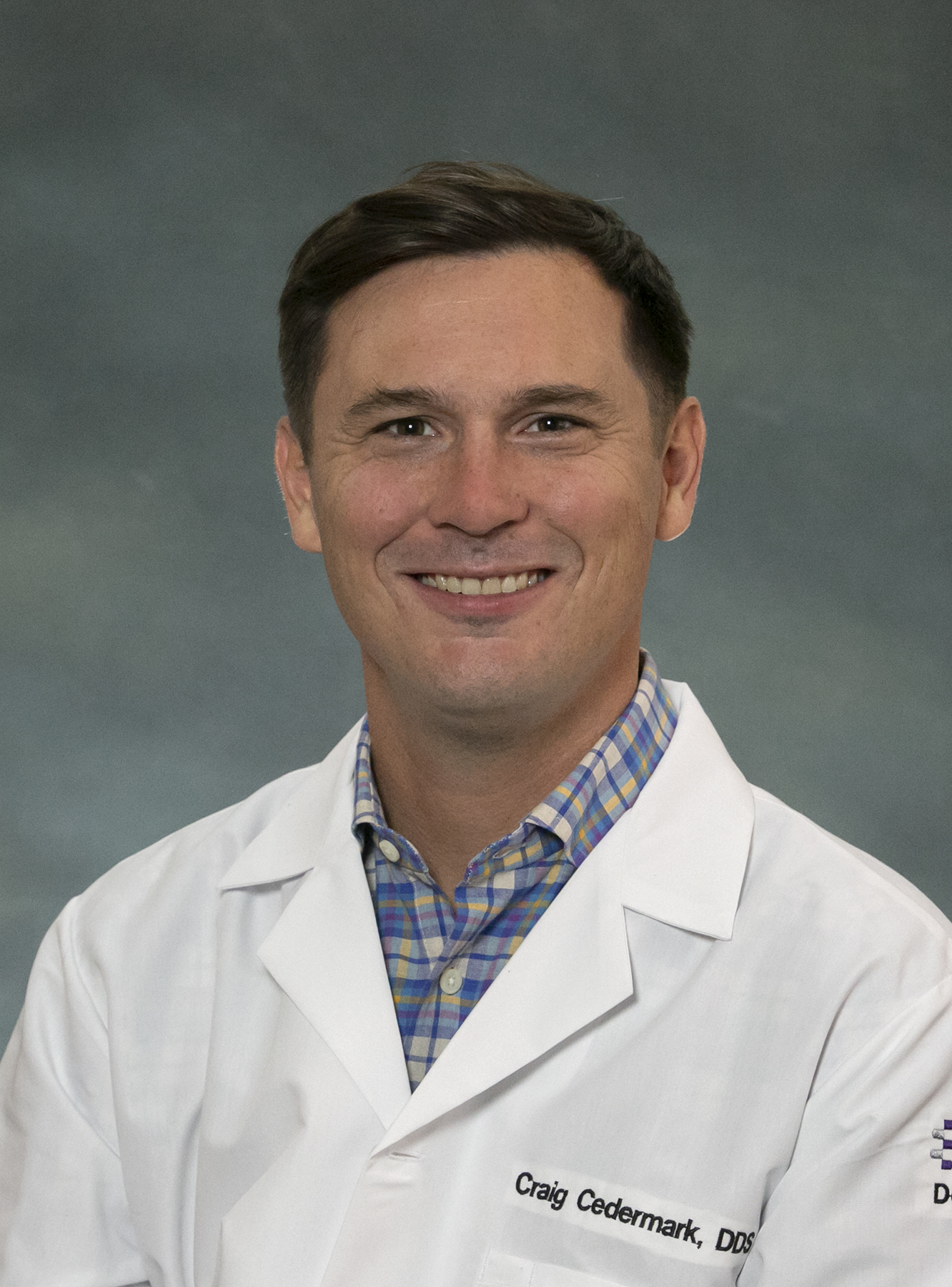Back
Table Clinics
(TC02) Laser Enhanced Endodontic Irrigation
Thursday, April 28, 2022
1:00 PM – 4:00 PM PST
Location: Exhibit Hall

Craig Cedermark, D.D.S.
Resident
Albert Einstein Medical Center
Albert Einstein Medical Center
Philadelphia, Pennsylvania, United States
Presenter(s)
Abstract: There has been an explosion of interest in enhanced endodontic irrigation with the introduction of devices that claim to make the root canal procedure easier while cleaning the root canal system more efficiently and effectively than legacy techniques. Some clinicians feel these devices are shifting the endodontic paradigm and rendering previous guidelines about minimum apical sizing obsolete, allowing the preservation of dentin in critical areas that may contribute to the longevity of root canal treated teeth. Two technologies that are at the forefront of this evolution are multi-sonic activation (GentleWave, Sonendo Co, Laguna Hills, CA) and lasers. Several manufacturers produce different types of laser units that have been used in endodontic procedures. These lasers include diode, CO2, Nd:YAG, Er:YAG, and Er,Cr:YSGG. The Biolase Waterlase iPlus and Express units (Biolase, Irvine, CA), in service at Einstein Endodontics since March of 2021, use an Er,Cr:YSGG laser to induce pulsed energy into the tooth chamber and canal system to activate irrigants and provide direct antimicrobial, antibiofilm and debridement action. Several studies have investigated the effects of laser cavitation on the disruption of biofilm and dissolution of tissue. This literature and case-based table clinic will review the available evidence for use of the Er,Cr:YSGG laser in Endodontics, discuss how lasers can change the way one practices, and present our experience integrating the technology into the work-flow of our Endodontic residency practice.

.jpg)
.jpg)
.jpg)